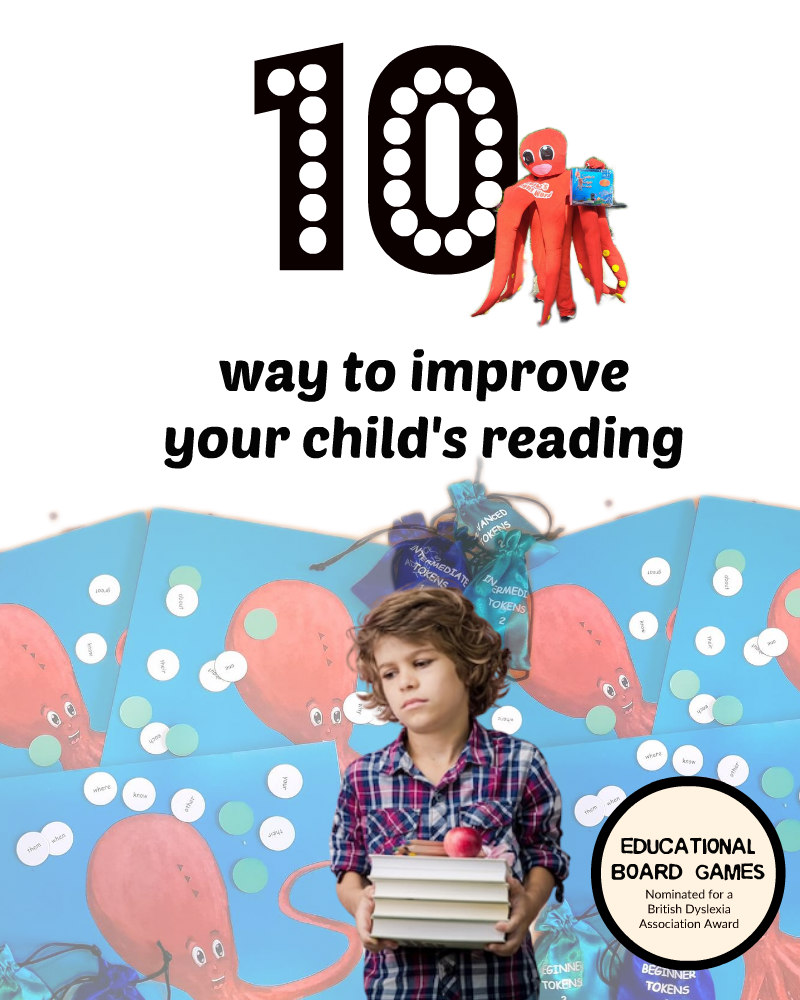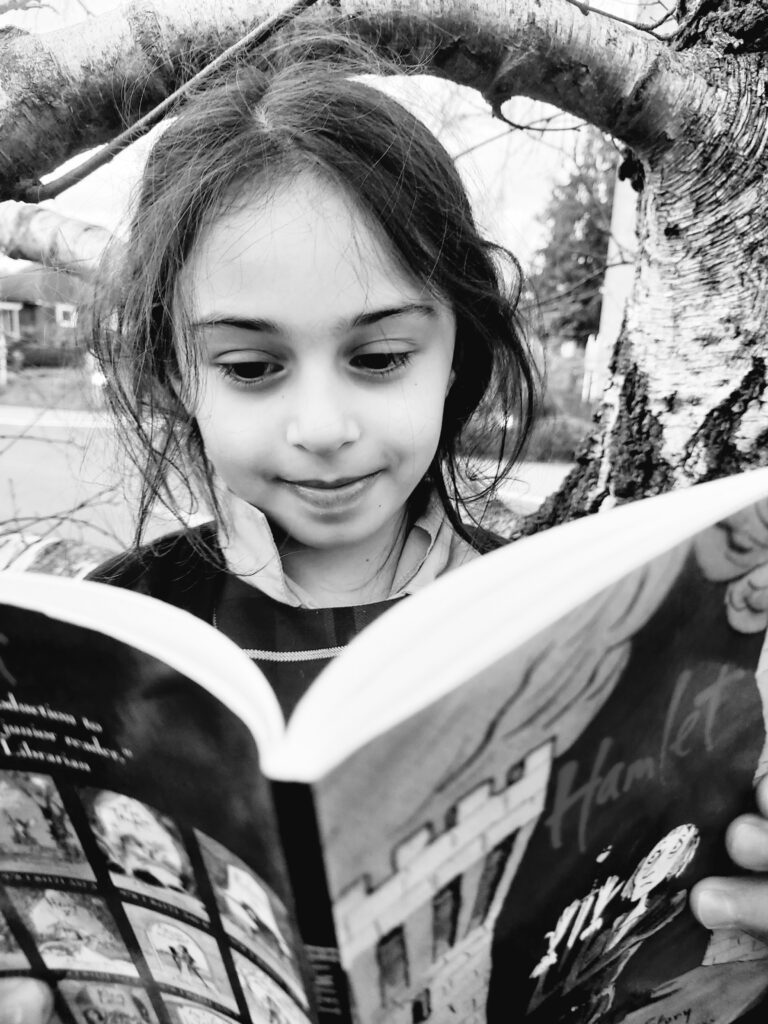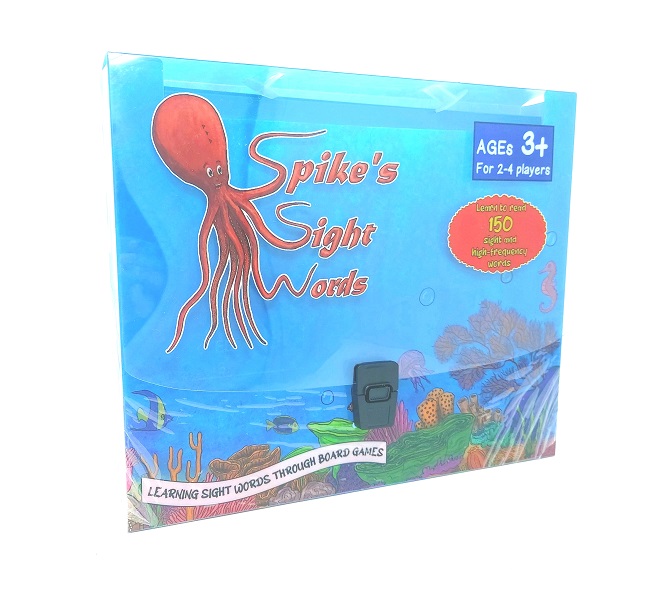
Why is reading so important for a child’s development?
Supporting your child to improve their reading skills is perhaps the most important thing you can do to positively influence your child’s emotional and intellectual wellbeing and development.
There are no two ways about it: developing strong independent reading skills will set your child up for success.
In order for students to achieve in math, science, English, history, geography, and other subjects, reading skills must be developed to the point that most of them are automatic. Students cannot struggle with word recognition when they should be reading quickly for comprehension of a text.

1. Find a regular reading routine
Setting aside time each day will improve their vocabulary, boost their comprehension skills, and improving their ability to decipher previously unknown words and to recall words they already know.
2. Keep books within easy reach
It has been suggested that children do best when books are placed at their fingertips – in the bathroom, in the car, at the kitchen table, by their bed or next to the television.
3. Encourage activities that require reading
This is a great way to improve reading. Cooking (reading a recipe), constructing a kite (reading directions), or identifying an interesting bird’s nest or a shell collected at the beach (using a reference book).
4. Find books that they love
Some children prefer science fiction or adventure stories; others find mysteries and histories more captivating. Remember, the more interested your child is in a book’s subject matter, the more excited they will be excited to read it.
5. Write notes to your child
I am always doing this to my children. It is a great fun way of them practising reading and writing. Have a go at mirror writing – now that really is fun!
6. Talk About Books with Your Kids
Don’t underestimate the power of conversation as you work to strengthen your child’s reading skills. Talk to your children about what they are reading and share your ideas. Provide time and space for your child to share their perspectives about what they are reading.
7. Take trips to the library
As your child gets older, the library is a great resource for exploring new books and authors for free. Many libraries also have story hours or other literacy programs for kids. Trips to the library give your child a chance to develop good reading habits and to see other kids doing the same.
8. Lead by example
Children love to imitate their parents. It’s the primary means by which they learn in their earliest years, and you should never underestimate your power as a role model. If you make a point of reading in front of your child – at breakfast, in the evening, at bedtime – your child will be more likely to read too!
9. Listen to an audio story
If you want to inspire your child with a love of words and stories, then listening to an audio book might be the way to do it.
10. PLAY GAMES
ALL board games involve some sort of reading and they can be a fun way of getting your child to read without them even knowing it. There are lots of established board games out there but of course, since you’re here reading this, why not play OUR EDUCATIONAL BOARD GAMES? The games are simple, don’t take long and children find them fun and engaging.
HAVE A LOOK AT OUR EDUCATIONAL BOARD GAMES


